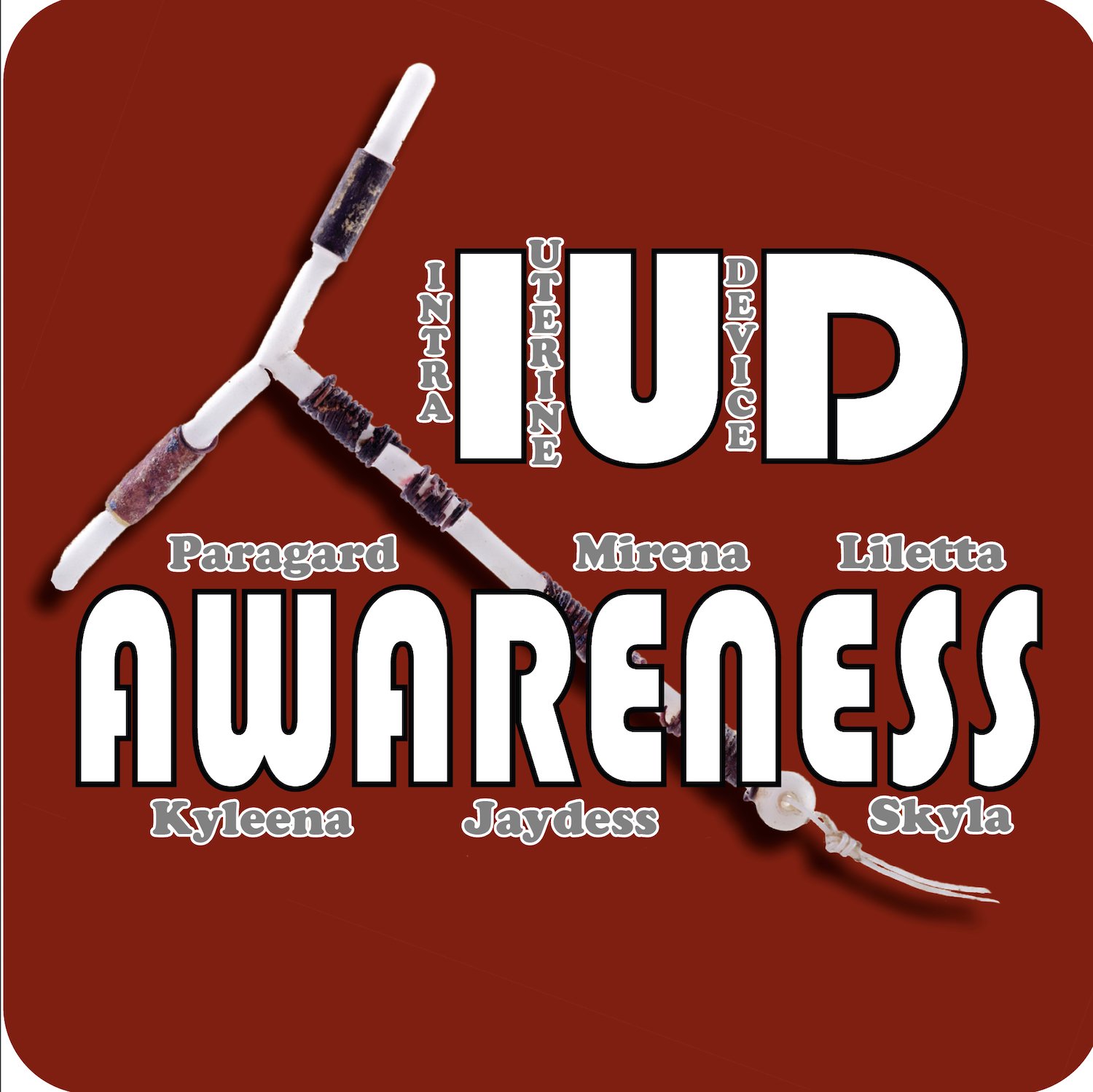Emergency Contraception Is Having Its Moment
/“A recent study published in the New England Journal of Medicine, which my colleagues and I authored, found that Liletta—a hormonal intrauterine device—can also be a very effective form of emergency contraception. A person can have the hormonal IUD placed within five days of unprotected sex for the purpose of emergency contraception, and they can continue to use it as an ongoing method of contraception for up to seven years.
Research and practice guidelines have supported using the copper IUD for emergency contraception for decades, but prior to this study, the hormonal IUD hadn’t been adequately tested for this special indication. This research was important because each IUD has unique attributes that are more (or less) attractive to different users. While the copper IUD is the only reversible, long-acting method that is hormone free, the hormonal IUD can reduce or eliminate menstrual bleeding and cramping.
Our research found that the hormonal IUD had similar emergency contraception efficacy to the copper IUD. While our study did not directly compare IUDs to either oral emergency contraception pill, we found that the pregnancy risk in the first month after hormonal IUD placement following unprotected sex was less than 1 in 300 users—significantly more effective than oral emergency contraception options, which range from 1 to 3 pregnancies per 100 users.
These novel findings provide people with another option for emergency contraception—one that could potentially better meet their needs in the long term. Not only does the hormonal IUD work at preventing pregnancy for one (or two or more) episodes of unprotected sex in the previous five days, but people who use this option can also use it to prevent pregnancy for up to seven years.”




















